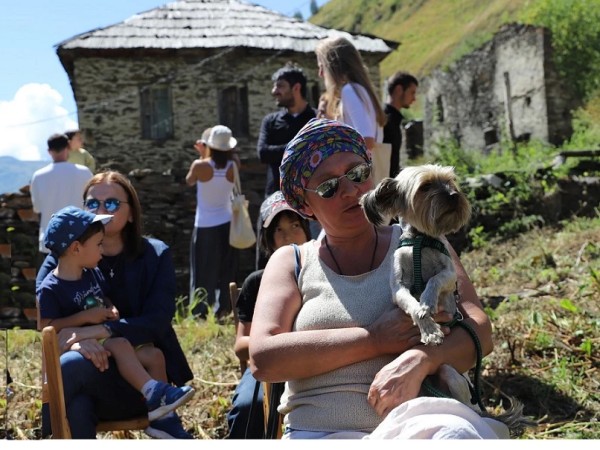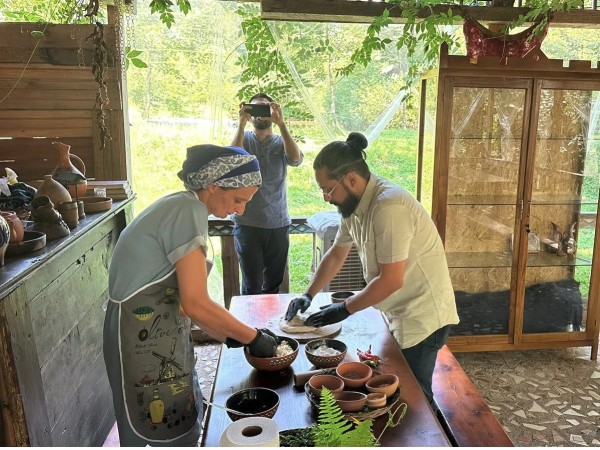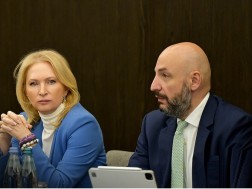Tbilisi (GBC) - Georgian Deputy Economy Minister Mariam Kvrivishvili on Saturday announced that Georgia would be the first country in the Black Sea region to host the World Tourism Day of the United Nations World Tourism Organisation in September.
Kvrivishvili told the Imedi TV channel that hosting the event for the first time in the country would be “an important opportunity” to represent Georgia’s tourism potential.
She noted “a number of” international journalists and high-ranking delegations would visit Georgia on the sidelines of the Tourism Day celebrations, which would positively impact the sustainable development of tourism and promoting the country.
Kvrivishvili also highlighted the recent “most significant event” of the Asian Development Bank - the 57th annual meeting - hosted in Tbilisi from May 2 to 5 “with great dignity” amid the rallies against the controversial transparency of foreign influence law, stressing the country had gained “the greatest experience in properly managing crises”.
“Our hospitality has been evaluated very positively [by ADB and the annual meeting participants]”, the Deputy Minister noted.
“The most important thing is stability and peace, and our [ruling] team will do its utmost to ensure peace, stability and freedom in the country and that all current processes are carried out in the country through democratic processes”, Kvrivishvili emphasised, noting by this foundation it was possible to achieve the double-digit economic growth over the past years.
Maintaining stability has played an important role in increasing investments, bringing more tourists into the country and “ultimately affecting” the well-being of “every citizen of Georgia”, she added.






















